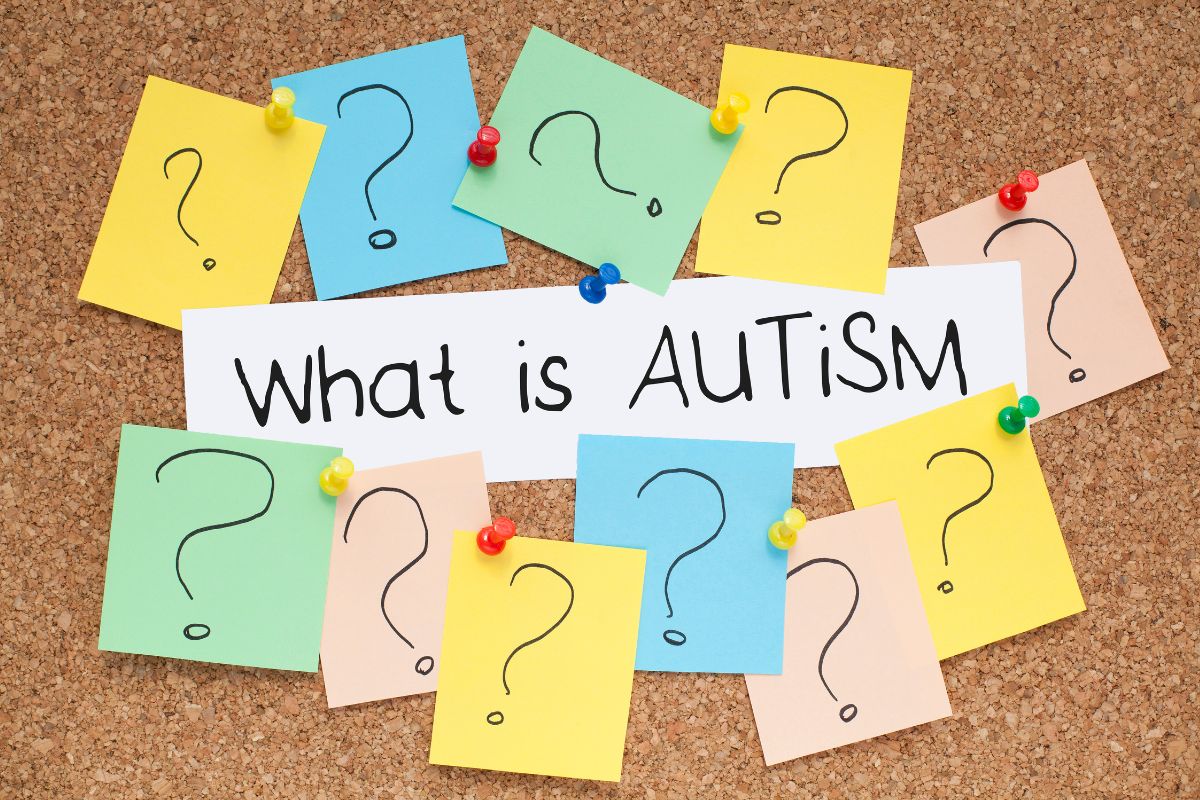Autism Symptoms In Adults
Many individuals have developed coping mechanisms throughout the years to deal with their symptoms, which can manifest differently in adults than they do in children.
All The Information You Need To Know About Adult Autism
One of the most prevalent neurodevelopmental disorders is an autism spectrum disorder (ASD). People with autism are typically diagnosed when they are young, usually after turning 4 years old. Even though their symptoms are more severe, some autistic adults do not receive a diagnosis while they are young.
Receiving an ASD diagnosis later in life may be beneficial for an autistic person who was not diagnosed as a kid for a variety of reasons. It can, in particular, make services and support more accessible. In this post, we go over the symptoms of ASD in adults as well as what to do if someone wants a diagnosis.
Symptoms And Signs Of Adult Autism
Some aspects of communication and social contact may be difficult for autistic people. They could struggle to connect with others and comprehend their emotions. Adults with autism may exhibit rigid cognitive and behavioral patterns and engage in repeated activities.
The following are examples of typical ASD symptoms in adults:
- great enthusiasm for a certain subject
- having trouble conversing
- trouble forming or keeping long-lasting friendships
- difficulties managing emotions while making eye contact
- repetition of monologues about the same or different topics
- lack of inflection when speaking, difficulty comprehending sarcasm or idioms
- involuntary noises like recurrent throat clearing
- hypersensitivity to sounds or scents that do not seem to affect others
- having trouble interpreting others’ emotions
The preceding signs and symptoms are not always present in autistic people, and they may also encounter additional ones not listed above.
The indications and symptoms of ASD differ from person to person, while there may be some overlap with other conditions such as attention deficit hyperactivity disorder (ADHD).
The symptoms may vary between genders. Because their symptoms may be more covert and mild, some persons may appear to be able to handle social situations better than others. As a result, diagnosing ASD may be more difficult.

Also Read:
Is There Any Test For ASD In Adults?
Different tests that can be used to identify ASD in adults have been developed by clinicians.
These comprise diagnostic exams including the ADI-R, 3Di Adult, and ADOS 2 Module 4 among others.
It is unclear, nevertheless, how accurate these exams are for adults.
These are some of the causes:
- When examining the validity of ASD testing, researchers frequently employ a limited sample size of study participants.
- There aren’t enough volunteers from historically underrepresented groups, such as People of Color or LGBTQIA+ individuals, in studies on testing for adult ASD. This implies that the findings of studies examining ASD testing procedures might not accurately reflect the population of autistic people.
- Many clinicians might not be aware of the adult ASD symptoms. This is especially true if the patient simultaneously has other disorders, such as anxiety, or if the symptoms are not severe.
Co-occurring disorders like anxiety or depression may be more common among autistic people than in the general population.
Autism Diagnosis In Adults
For a number of reasons, seeking an ASD diagnosis as an adult can be difficult.
- People who did not obtain a diagnosis when they were younger could exhibit weaker symptoms that are more challenging to identify. These people occasionally may never receive a diagnosis.
- People may be better at hiding the symptoms and indicators if they have lived with ASD for some time.
- One of the popular adult diagnostic tests for autism, the ADOS-2, has been shown to be somewhat trustworthy by research. However, in order to recommend a patient for testing, a doctor must be able to identify the patient’s symptoms.

Experiencing Autism (Autism Symptoms In Adults)
Some adults with autism may find it challenging to live with ASD. They could have trouble interacting with others, become preoccupied with routines, or develop sensitivity to light or sound.
It’s possible for adults to experience many of the same symptoms that affect autistic youngsters. Adults who experience these symptoms, however, could find it challenging to lead autonomous, daily lives as a result.
According to a study on services and results for adults with autism, 27% of participants were unemployed. Additionally, compared to autistic children, autistic adults may have fewer options for support services. 25% of the autistic individuals in the same survey said they did not receive enough support services.

